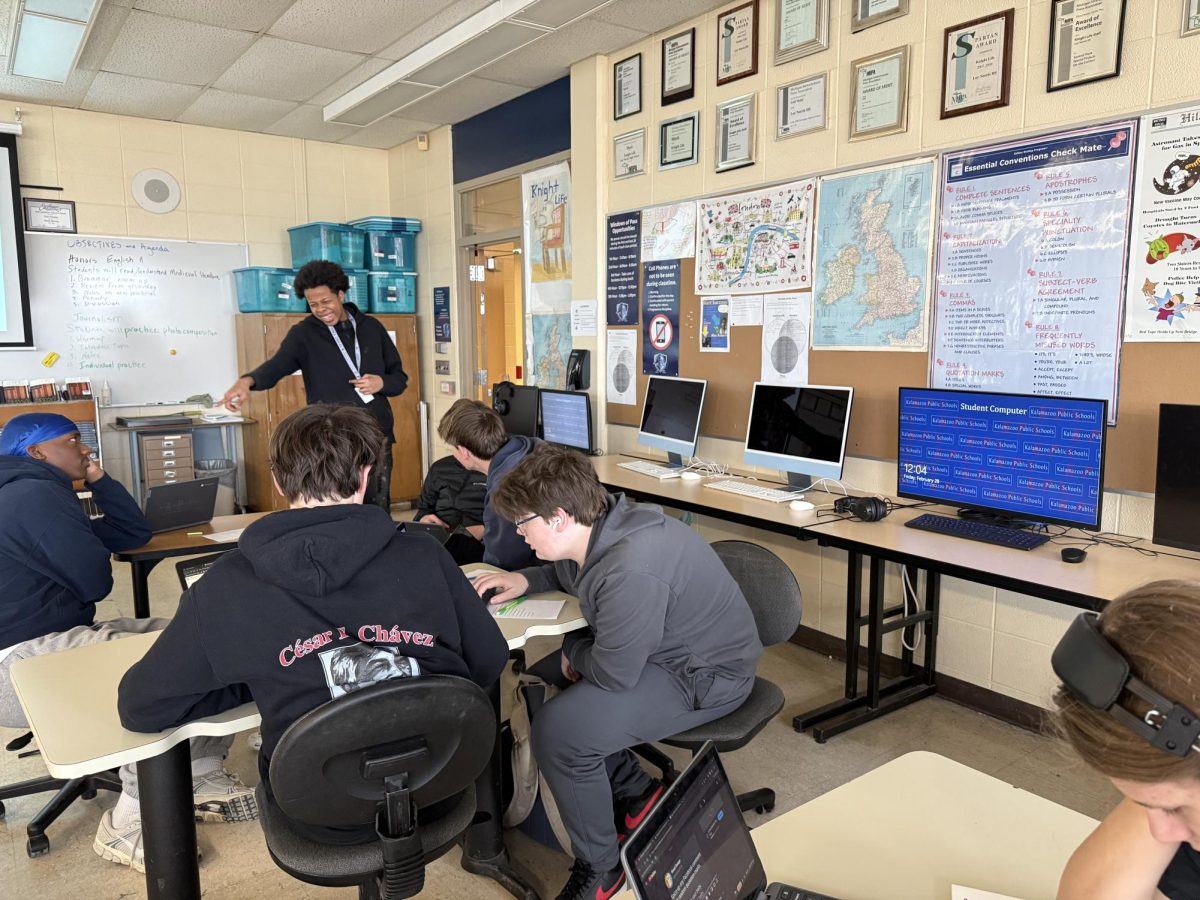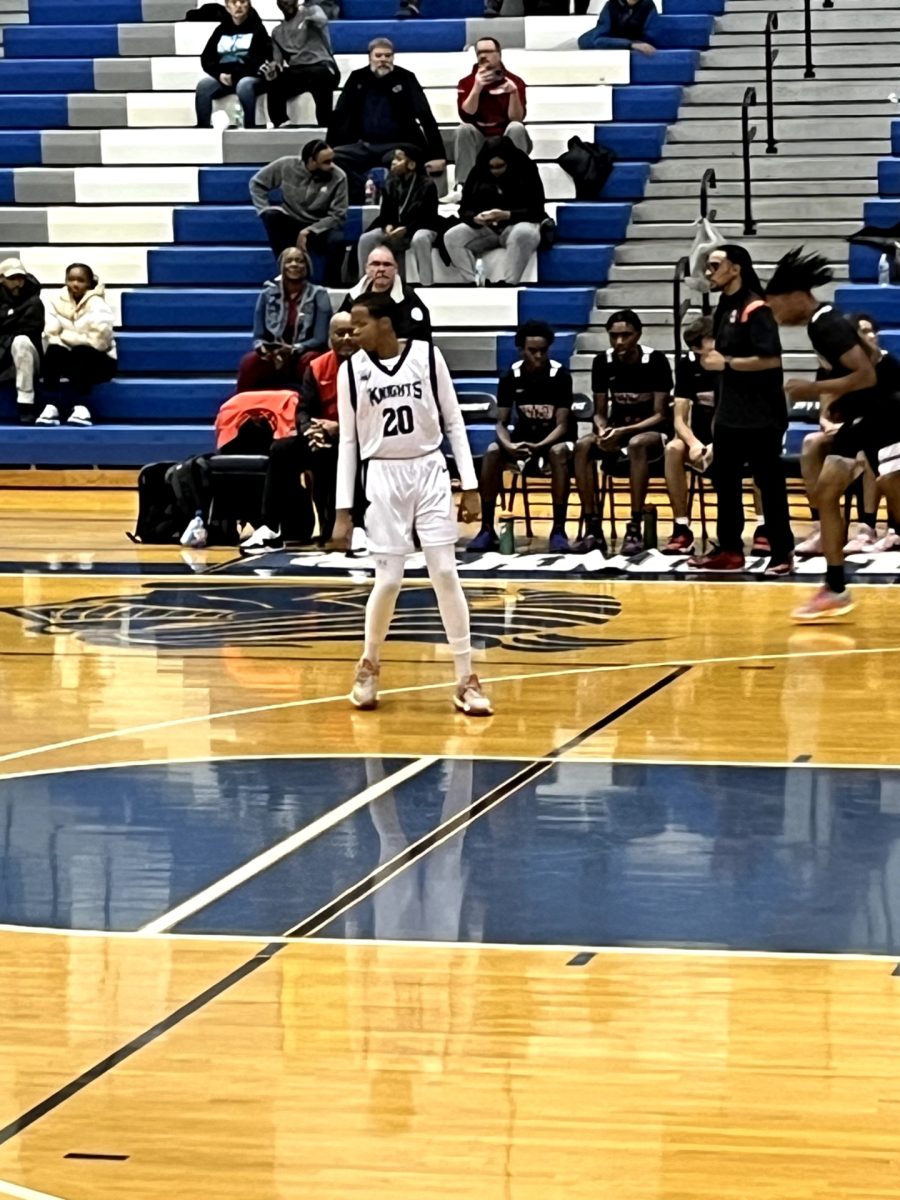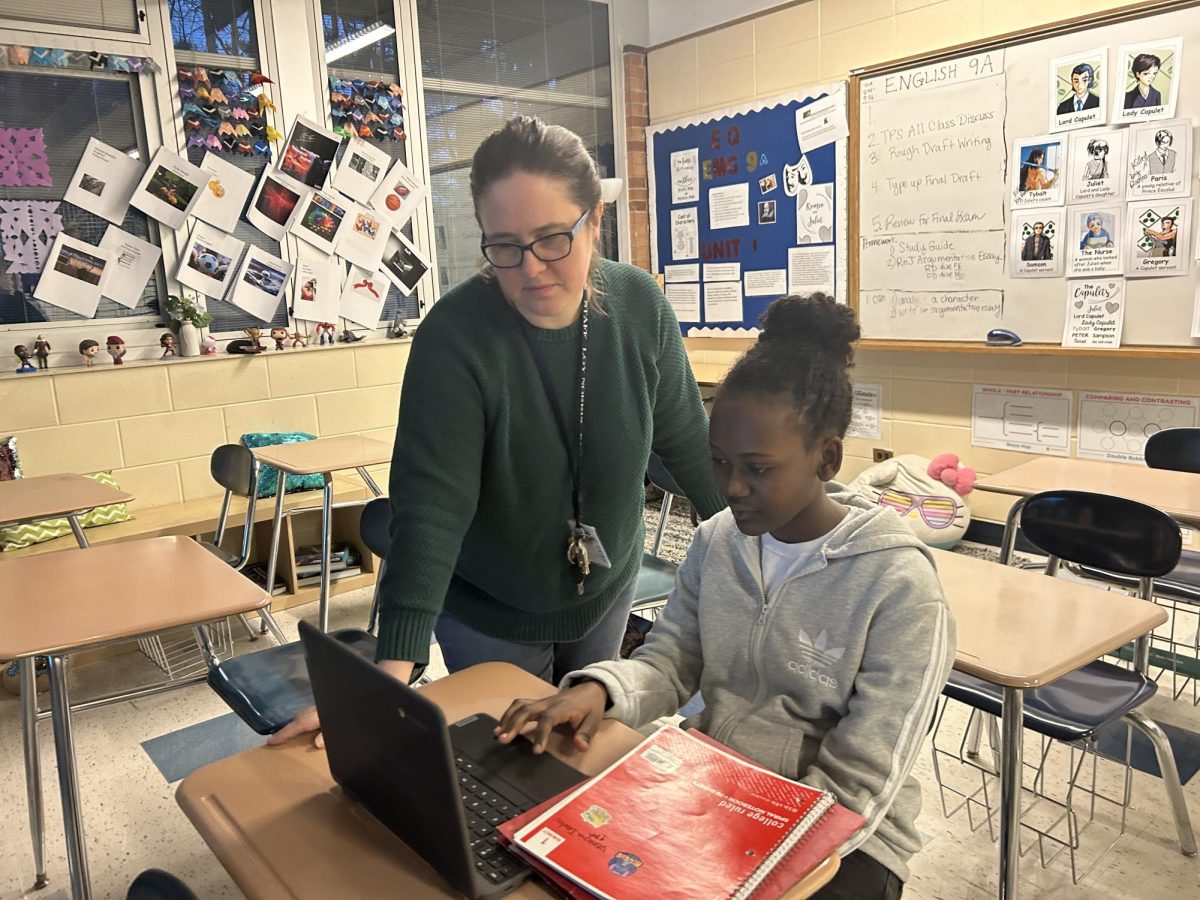2023 was dubbed by mainstream media as the “Year of The Girl”: the “Barbie” movie dominated movie theaters and powerhouse pop artists like Beyonce and Taylor Swift broke records with global tours.
While this cultural renaissance continues to empower young women seeking leadership positions, many women have noted that they feel an added pressure to be seen as “high achieving” from a young age.
Many of the academic and social clubs at school are chaired by young women. In DECA, the Executive Board, the Student Senate and National Honor Society (NHS), women are leading the organizations forward.
All of the officer positions of the NHS 2023-24 chapter at Norrix are held by women. The team is comprised of President Isabella Essink, Vice President Odessa Clemente, Treasurer Ella Stangl and Secretary Hannah Zmick-Furno. According to NHS advisor, Matthew Porco, who has led the chapter since 2005, this matriarchy is not out of the ordinary.
“What is more noteworthy to me is that when it comes to the leadership positions, this year has not been necessarily out of the ordinary to have all-women officers. I would bet as far as presidents, it’s been 80% young women,” said Porco. “I don’t even think young men ran for officer positions last year.”
The membership of NHS itself for the 2023-24 chapter is majority female, with 71% women to 29% men. These statistics are also reflected on the national level.
Americorps is a government agency that involves citizens with volunteer work and service around the country. According to the Census and Bureau of Labor Statistics data from Zippia, of the 117,088 Americorps volunteers in the United States, 68.2% are women while 31.8% are men.
NHS vice president Odessa Clemente, noted that outside of officer-positions, female members seem to be more engaged in club activities and the organization as a whole.
“I have realized in clubs, and especially in NHS, that a lot of the women do tend to take on more than the men in terms of volunteering and organizing. Even in events that aren’t officer-organized, I see women step up more,” said Clemente.
Annually, the club hosts two major events: the Loaves & Fishes food drive and the American Red Cross blood drive. Both of these events this school year were led by non-officer female members: Emily Porco and Grace Mahar.
NHS President Isabella Essink attributed the gender disparity in the organization to a pressure to perform that young women in today’s generation face.
“I feel like women feel like they have to overcompensate for their gender in everything that they do, go above and beyond to get the same playing field as men,” said Essink.
This weight that young women in Generation Z feel to exceed in academic and social spheres can be attributed to the media that they were exposed to growing up: media that has had potentially harmful consequences.
“I definitely saw characters like Hermione Granger or Annabeth Chase, those fictional characters that were friends with the male lead, but they’re only at his level because they’re 10 times smarter than him,” said Clemente. “I definitely felt that as a girl growing up, I had to be that person where I had to study 10 times harder and do all these things.”
As they enter academic environments and careers later in life, women often hold onto these expectations learned in their childhood.
“Women are told that if you want to have men see you as successful, if you want to be successful later in life after high school, you have to start doing that now — so I think it adds a ton of pressure,” said Clemente.
The Distributive Education Clubs of America (DECA) is another organization that has seen a history of female-dominated leadership at Norrix. Current president of the Executive Board, Aliah Ward, noted that the women leaders who came before her inspired her decision to take on the presidency.
“I’ve been a part of DECA since I was a freshman. It’s helped me come out of my shell and learn to plan and organize. I saw leaders before me who were also women, and they did amazing jobs and were very encouraging,” said Ward. “I saw how much it helped them, so I thought I should take that leadership role on as well and help younger people, give them another person to see.”
Ward took an alternative approach to the pressure women can face in academic and professional settings, introducing the idea that it can serve as a motivator to strive for better representation.
“I wanted to see people who looked like me and sounded like me in [leadership] roles, and so if I didn’t see it I was like, ‘okay, maybe I can do this for someone else,’” said Ward. “It was a little pressure I guess, but when I was actually in the role it felt different.”
Along with seeking more intersectional representation in social clubs and organizations, raising the standard for equality stems from how we, as a society, encourage younger generations to pursue education and careers.
“It starts at how we message kids growing up, how we influence them. I think in the future, it’s important to instill ideas of equality,” said Clemente. “Pursue what you’re interested in, not just because you want to be the only woman. Don’t do it purely out of ambition, do it out of interest.”












James Johnson • Apr 17, 2024 at 11:18 am
Excellent story, Lucy. I’m impressed by many of the young women leading our school, including you.